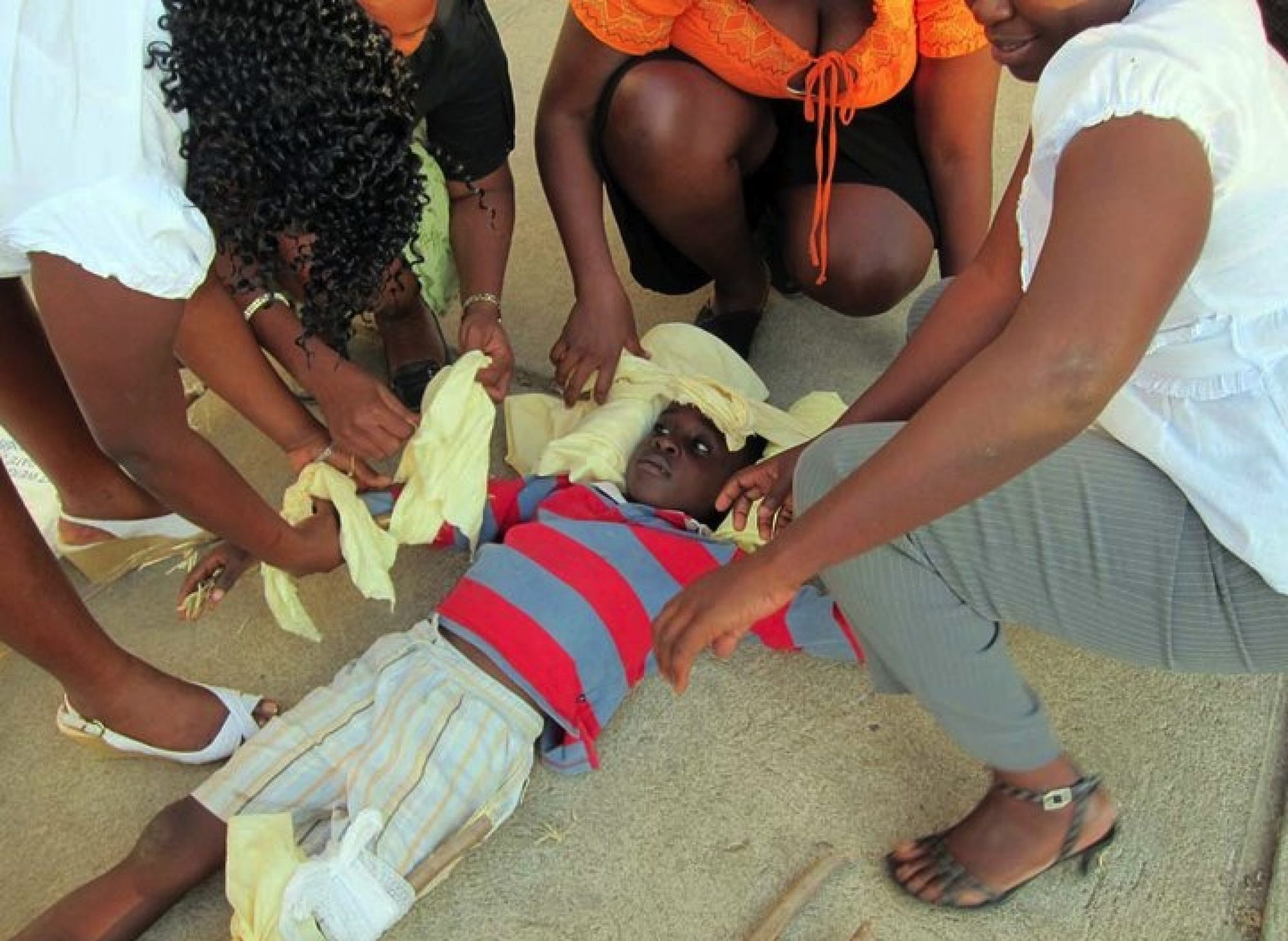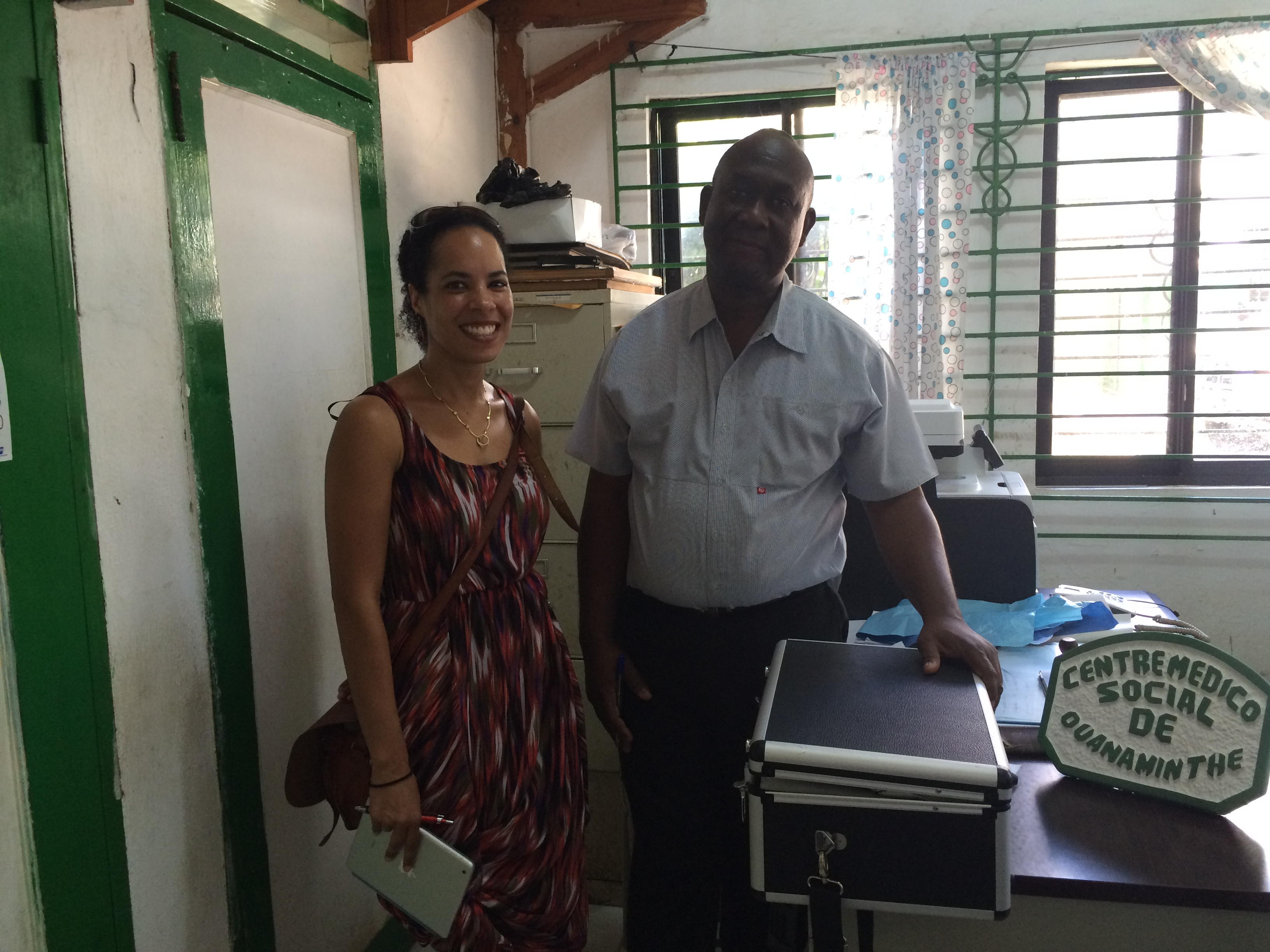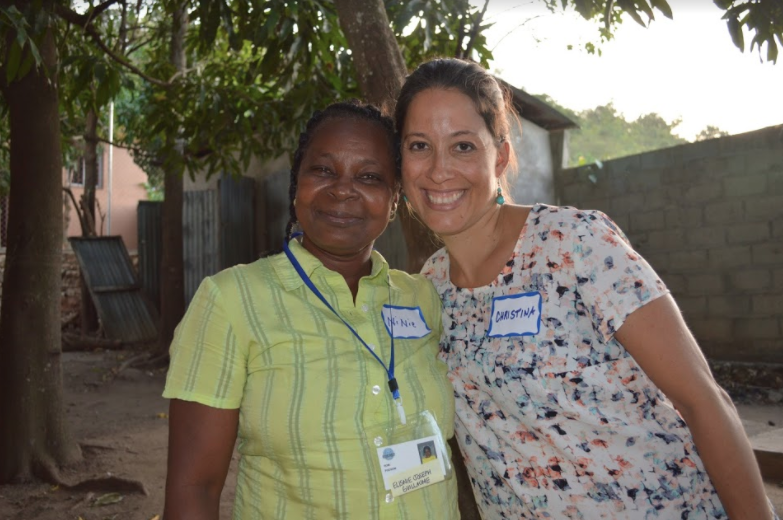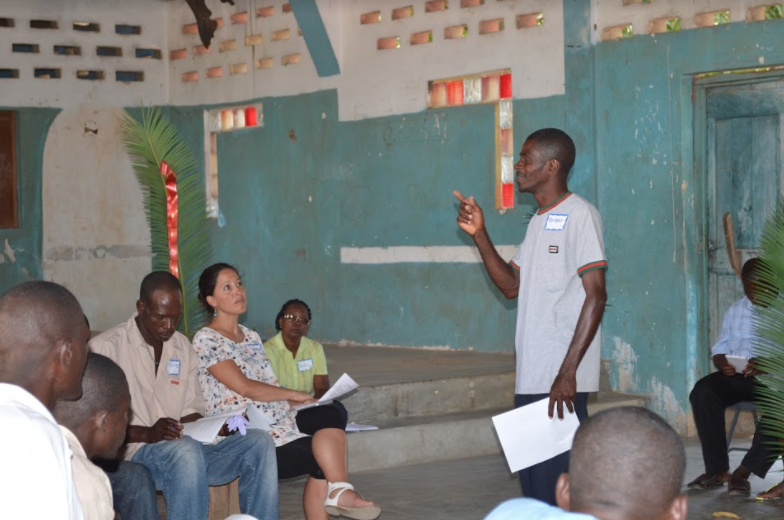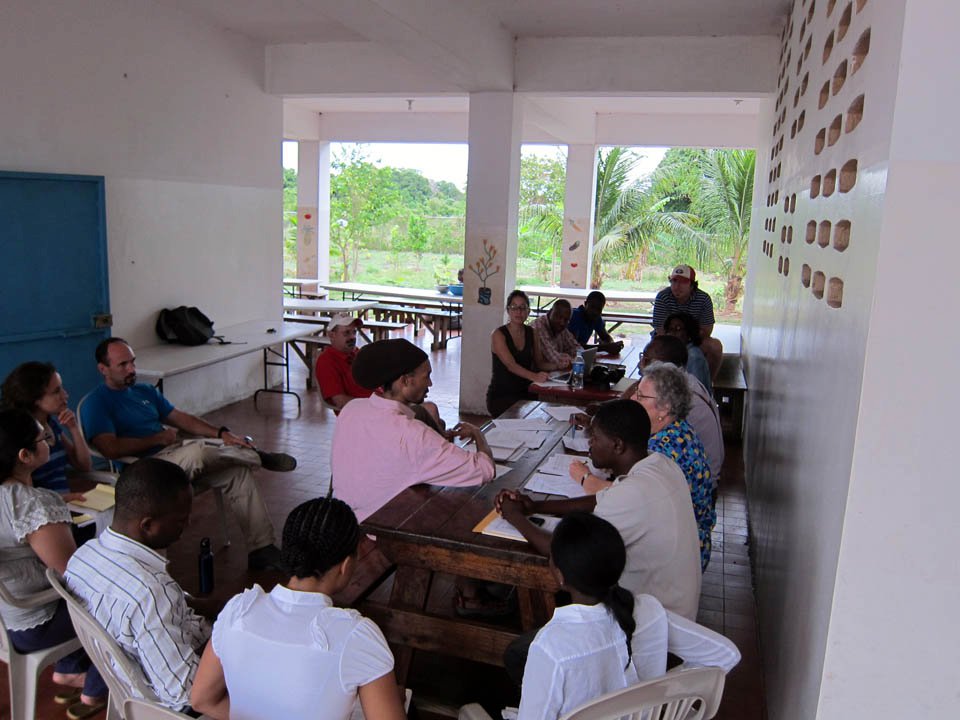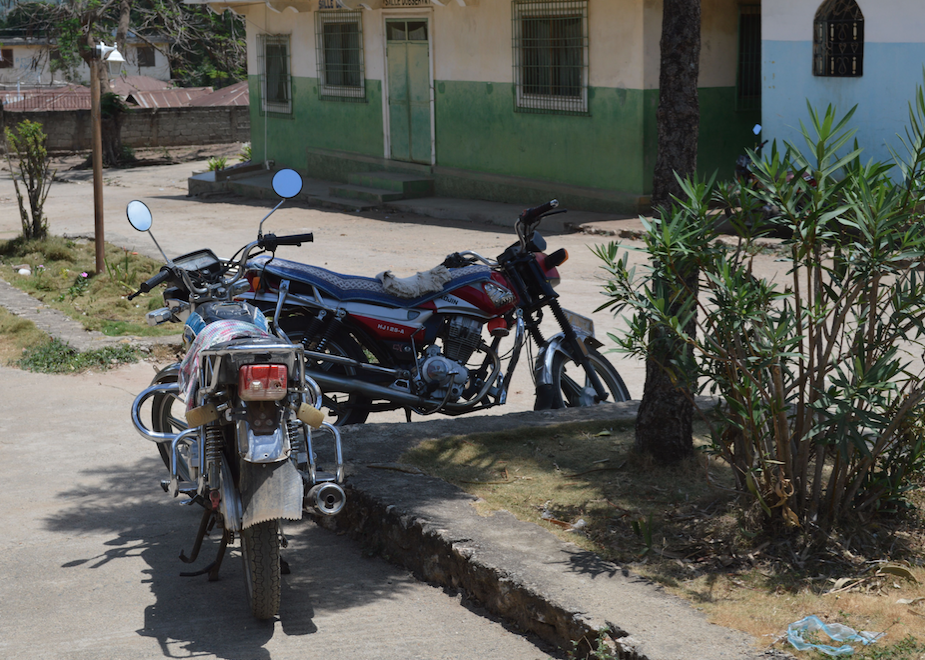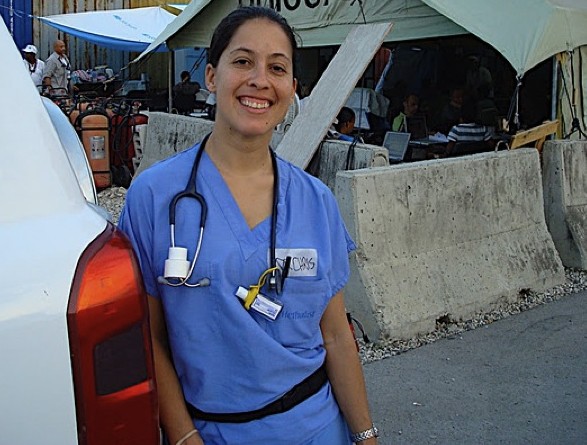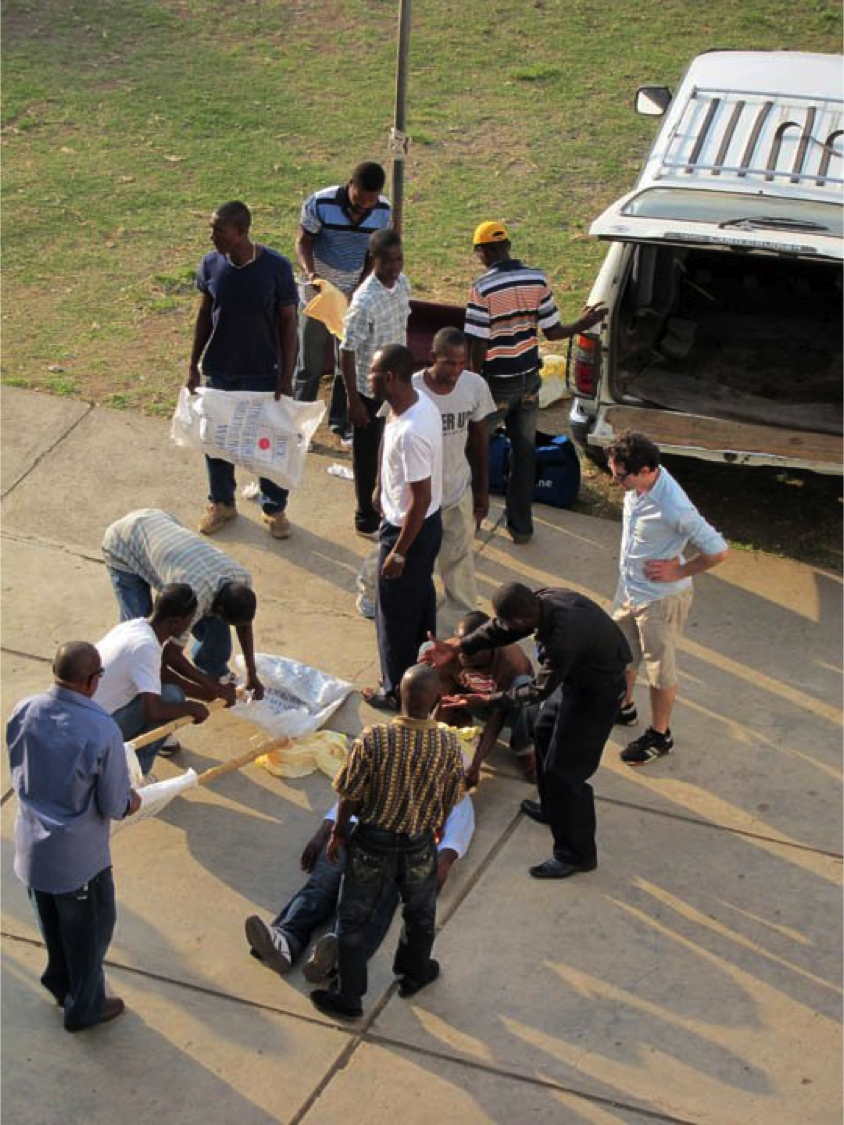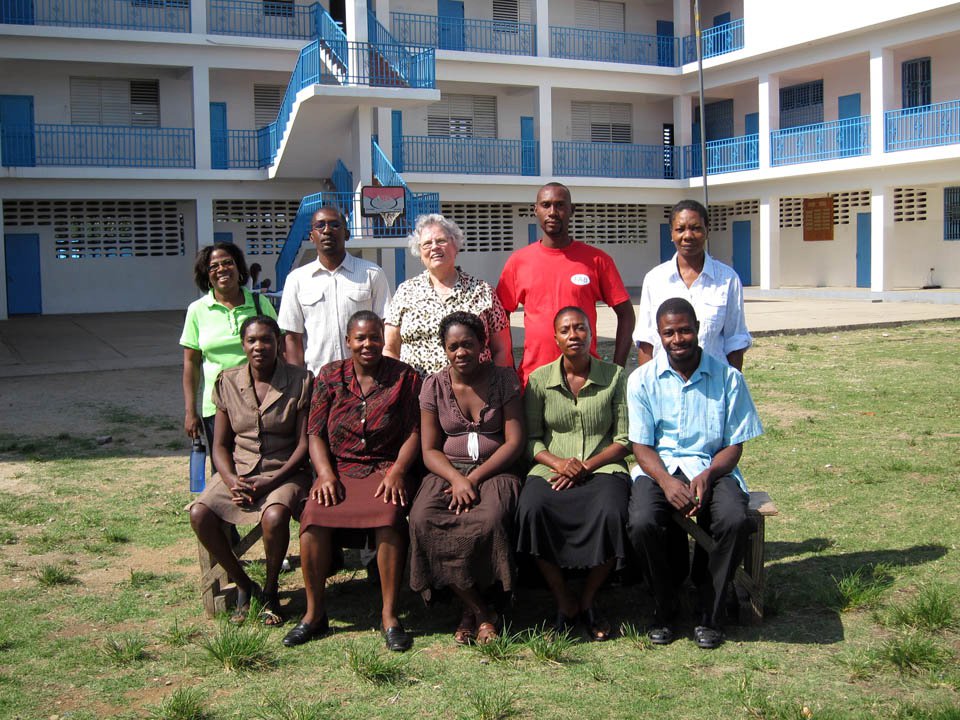Haiti, January 2011:
One Year Later…
EMEDEX reflects today on the year that has past since the earthquake of January 12, 2010. Hundreds of thousands of Haitians suffered in the immediate aftermath of the disaster, and the effects continued for all the months following, up until even today. We acknowledge the incredible resilience of the Haitian people, which inspires us to also keep moving forward in our mission. We have a duty to remember that change is still needed in Haiti, and only through ongoing commitment and partnership can it be achieved.
Over the last year, EMEDEX’s Rescue, Recover, Rebuild initiative sent four successful teams to Haiti. We provided emergency care to patients in Port au Prince soon after the earthquake. We worked alongside local Haitian partners in the Northeast to supplement primary and emergency clinical care in Terrier Rouge. EMEDEX completed a needs assessment of the Northeast regional healthcare resources and served as a link between facilities that had previously not been aware of one another. Our assessment highlighted a need for prehospital and emergency systems development. Community members expressed a desire for disaster preparedness planning and healthcare professionals felt they would benefit from emergency skills training. To address these concerns, EMEDEX conducted a course in first aid and basic life support skills for both community members and healthcare professionals, increasing the potential capacity for local response to future emergencies.
EMEDEX could not have achieved its successes of 2010 without the generous contributions of its supporters. We thank each and every one of you for making it possible to honor our commitment to building sustainable change in emergency medical care in Haiti and other countries around the world. We ask for your continued support toward ongoing rebuilding, training and in keeping our vision alive.

